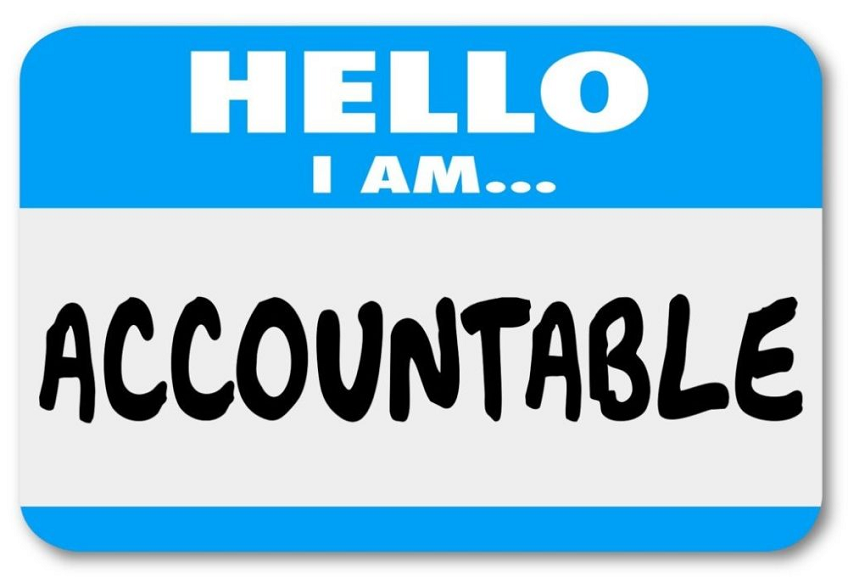We all know how important it is for leaders to communicate with their teams and individual employees – keeping them informed, providing feedback, communicating a vision and a plan to achieve that vision.
An aspect of communication that often gets overlooked, however, and that can make a difference between a good leader and a great leader, is listening. Although we often hear leaders commended for their compelling presentations, when was the last time you heard a leader praised for effective listening?
And yet, to the team or individual who feels listened to, it can make an incredible difference in how they feel about themselves, their work, the organization and…their leader. Think about it. Do you ask for and listen to ideas from your team? Do you listen to and act on feedback? When there’s a conflict, do you listen to all sides before passing judgment?
Most of us learned to listen as children from our parents through trial and error. “How many times do I have to tell you?” “Are you listening to me?” “You never listen.” “I’ve told you time and time again…” Sound familiar? It was really more about hearing and remembering and complying. There were no effective listening classes in school.
As adults, the stakes are higher. Listening, really listening, can pinpoint the client’s needs in a sales meeting; improve a leader/employee relationship; make the difference in a medical diagnosis.
Listening, really listening requires not interrupting, paraphrasing what was said, asking clarifying questions, withholding judgment, and conveying an openness that encourages the speaker to share openly. It means waiting until the speaker is finished to formulate a response. And it means listening with your eyes as well as your ears. What does the speaker’s body language tell you? What is being left unsaid?
So let me ask you, are you really listening? Spend a few minutes taking this brief Listening Skills Inventory to self-assess. It’s for your eyes only, so be brutally honest with yourself. It’s a starting point.
Rate yourself on each of the following questions. Score 4 for Almost Always. 3 for Usually. 2 for Seldom. And 1 for Never.
1.Do you let people finish what they’re trying to say before you speak?
2.If the person hesitates, do you try to encourage them rather than jumping into your reply?
3.Do you withhold judgment about the person’s ideas until they have finished?
4.Can you listen fully even though you think you know what they are about to say?
5.Can you listen non-judgmentally even if you do not like the person who is talking?
6.Do you stop what you’re doing and give full attention when listening?
7.Do you give the person appropriate eye contact, head nods and nonverbals to indicate you’re listening?
8.Do you listen fully regardless of the speaker’s manner of speaking (e.g., grammar, accent, choice of words)?
9.Do you ask the speaker to clarify their ideas more fully?
10.Do you paraphrase what was said to ensure that you understand?
Add up your score. If you scored 36-40, congratulations! You’re an outstanding listener. Keep it up! If you scored 30-35, you’re a good listener. Try to improve in those areas where you scored lower. If you scored less than 30, you definitely need some work on your listening skills. Think about what you could gain by improving.
“When you talk, you are only repeating what you already know. But if you listen, you may learn something new.” – Dalai Lama
Till next time, keep it real.
Karen









